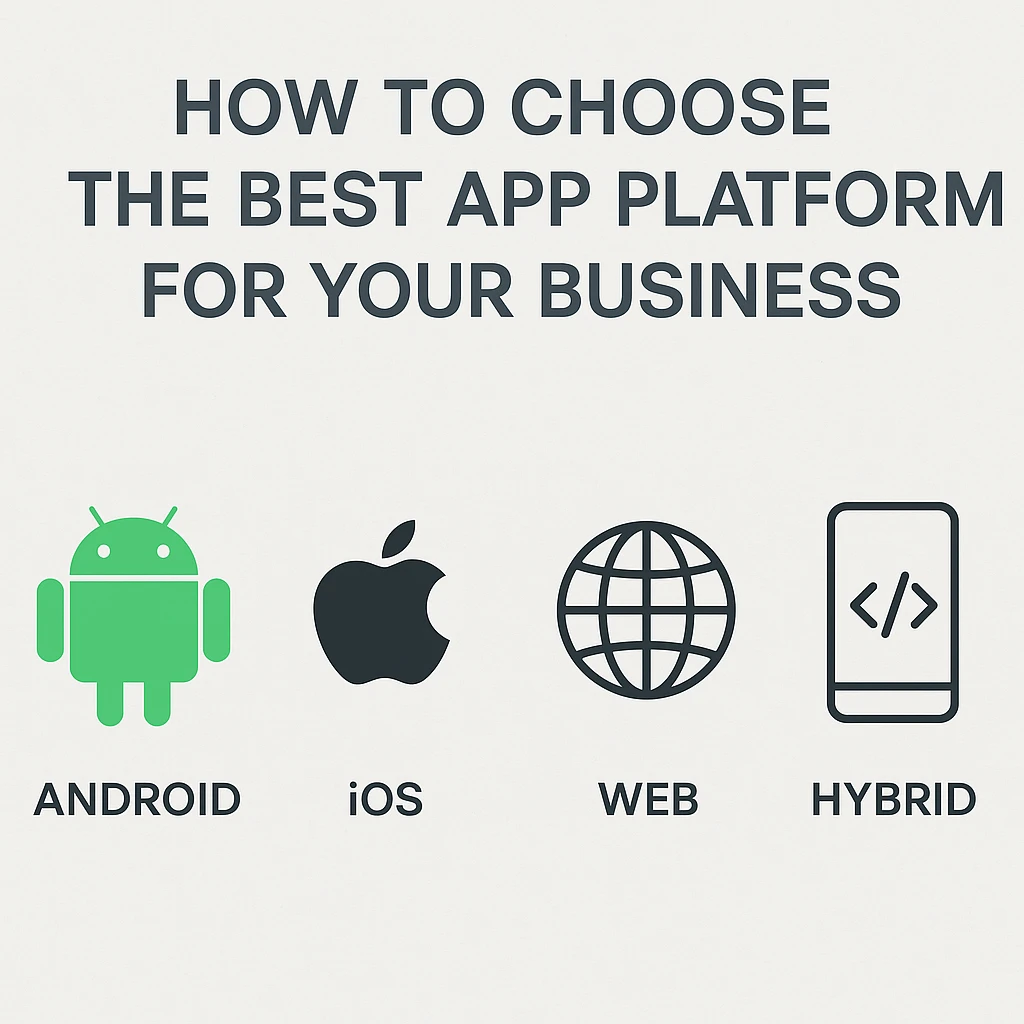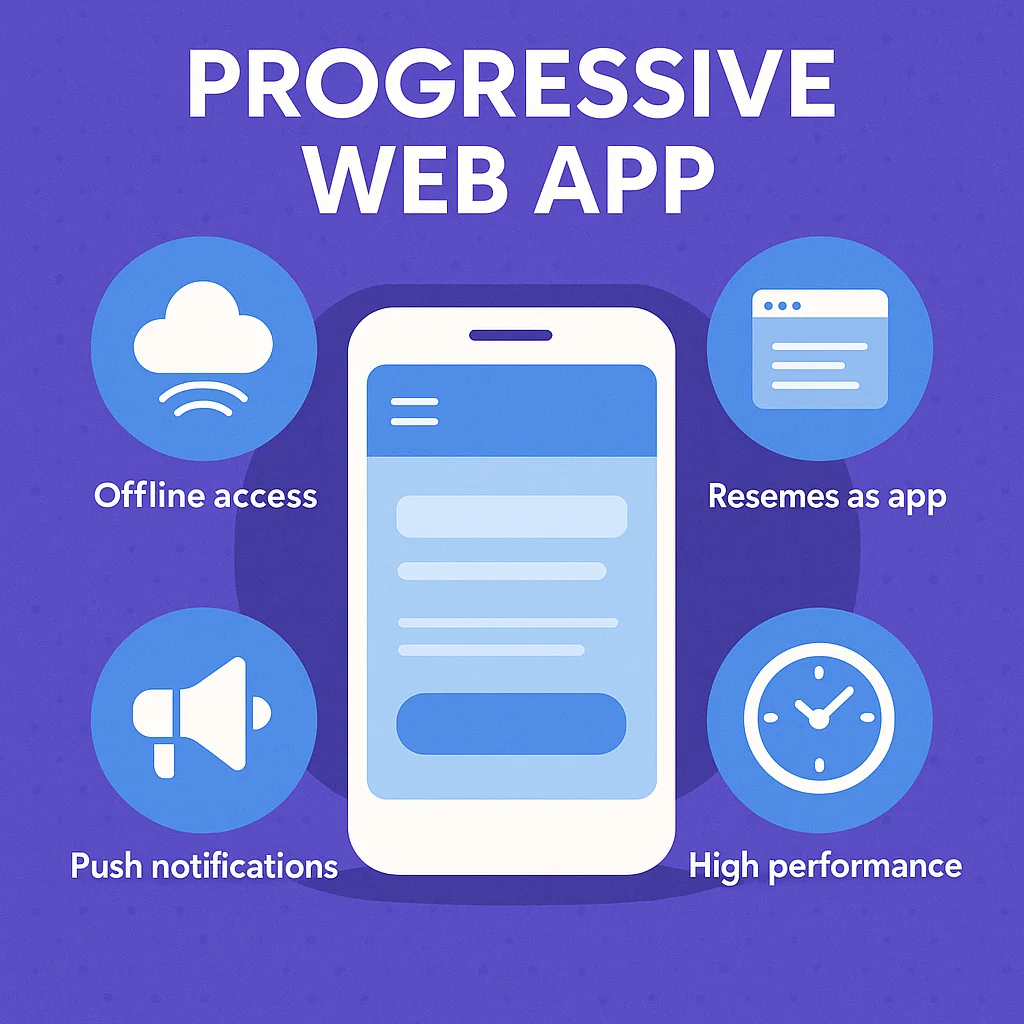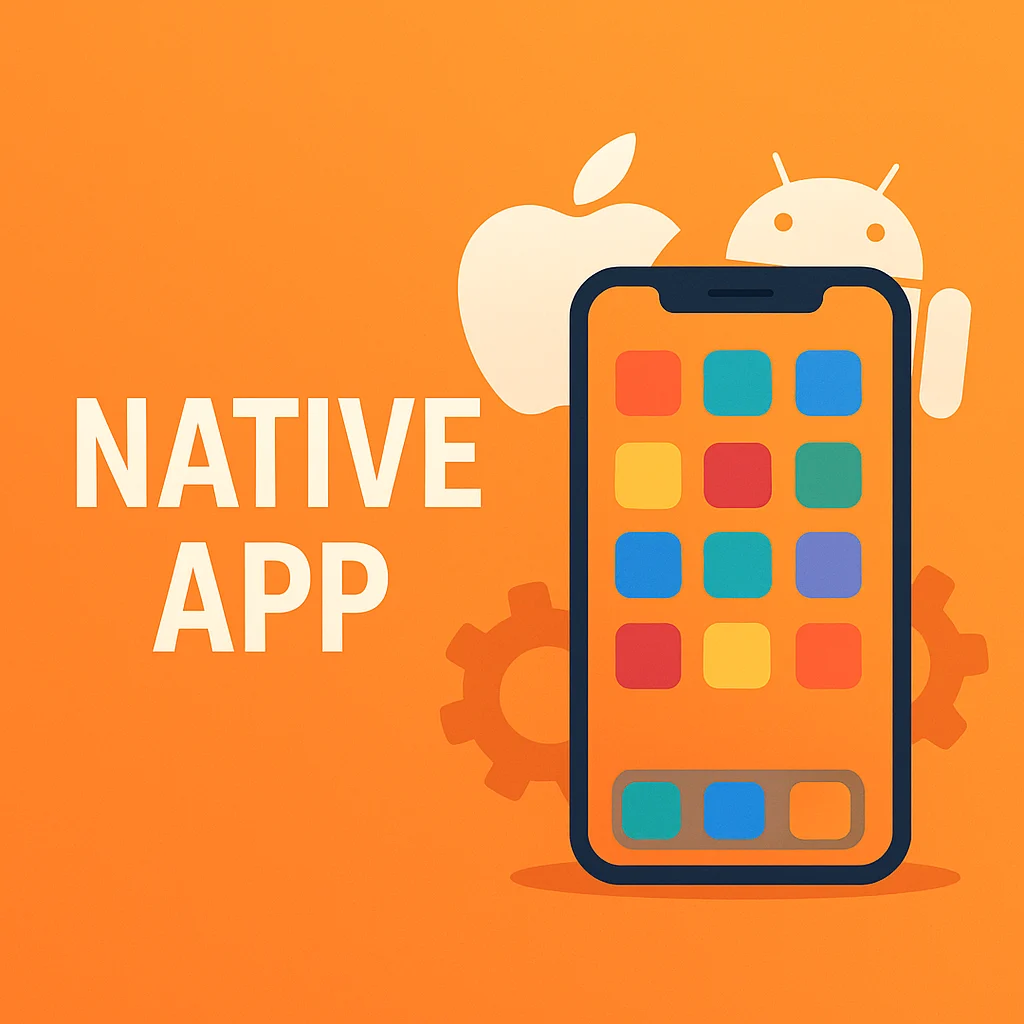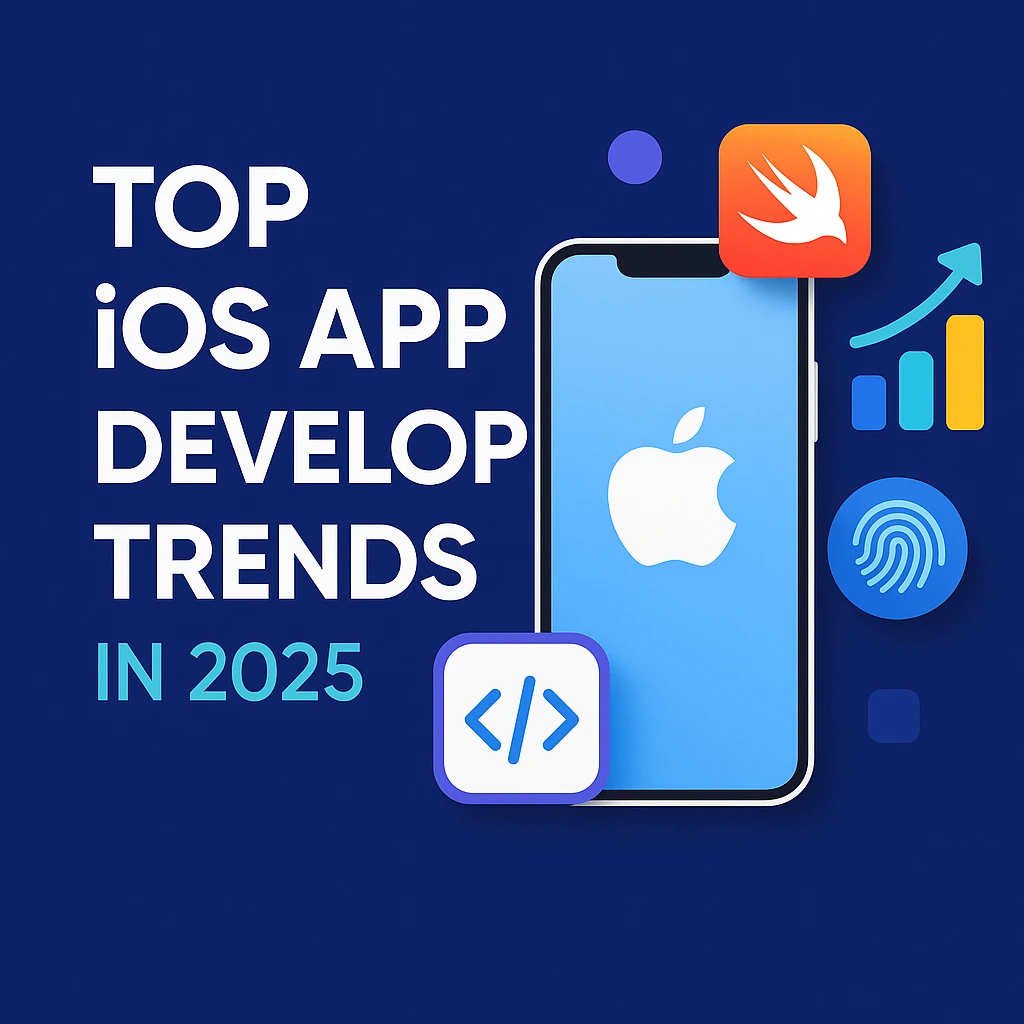If you are planning to build an app for your business, navigating the range of available options can be overwhelming. Should you invest in an iOS app, an Android app, both or a web-based solution that functions like an app? The boundaries between mobile and web applications have become increasingly blurred, the selection of the best app platform more complex than ever. Choosing the right mobile architecture choice is critical. It defines the app’s performance, user engagement and scalability in the long run. This app development comparison breaks down the four key options, Native (Android/iOS), Web, Progressive Web Apps (PWAs) and Hybrid, to help you choose the app strategy for the digital age.
Deep Dive into Native Apps (Android and iOS)
Native app development is the standard for performance and dependability. These apps are built for specific operating systems using Swift or Objective-C for iOS and Kotlin or Java for Android, developed through Xcode or Android Studio. It can bring app performance efficient device feature integration and strong iOS app security and Android app performance through built-in OS protections. Native apps can also work offline. As ideal for enterprise applications, it demands speed and data security. While development costs and timelines are higher due to separate builds for each platform, native apps remain the top choice for businesses prioritizing long-term app growth, security and best user experience.
Deep Dive into Web Apps and Progressive Web Apps (PWAs)
Web Apps run in browsers and without require installation. They are built using HTML, CSS, and JavaScript with frameworks like Angular, React or Vue.js. They are cost-effective apps and easy to maintain within a single database. Web Apps require a stable internet connection, have limited access to hardware functions and run slower than native apps. Progressive Web Apps (PWAs) extend the web app concept by combining web accessibility with the expanded features of native apps. Progressive Web Apps (PWAs) enhance web applications by integrating features of native apps such as offline functionality, push notifications and a nearly native user experience. However, these web application development face limitations on Apple devices, restricting certain functionalities for iOS users.
Deep Dive into Hybrid Apps
Hybrid app solutions combined the strengths of both native and web technologies. It’s a balanced solution for businesses seeking wider reach with reduced development time. These cross-platform apps are built using web technologies like HTML, CSS and JavaScript and then encapsulated within a native shell, enabling installation through app stores just like native apps. Popular frameworks such as Ionic Capacitor, React Native Flutter and Xamarin make it possible to deploy apps efficiently on both Android and iOS using a single codebase deployment. Read our blog on topic what is hybrid app for detailed knowledge.
The Crucial Choice: Comparing Key Business Factors
| Factor | Native Apps | Hybrid Apps | Web/PWA’s |
|---|---|---|---|
| Performance | Fastest and most reliable | Moderate | Depends on browser/internet |
| Cost and Time | Expensive, slower (3–6+ months per platform) | Mid-range, faster (2–4 months) | Lowest cost, quickest to launch |
| User Experience (UX) | Best, OS-specific UI | Consistent, near-native | Varies with device/browser |
| Scalability and Maintenance | High performance, costly maintenance | Easy maintenance, limited scalability for complex apps | Easy updates, limited offline support |
| Security | Strongest (OS-level protection) | Moderate, needs extra layers | Basic browser-based security |
In this app cost comparison, the decision isn’t about which platform is superior, but which one best supports your business objectives and long-term growth strategy.
The Crucial Choice: Comparing Key Business Factors
Your app platform decision framework should align with business objectives, audience and budget.
- If user experience, performance and security are top priorities, choose Native Apps.
- If your focus is on cost-effectiveness, faster deployment or MVP testing, choose Hybrid or Web Apps
The app development future continues to evolve with trends favoring advanced native integrations (AI, AR/VR) and progressive web technologies for broader access. Before choosing, weigh your options and target audience preferences carefully to balance performance, scalability and cost. For businesses looking for expert guidance and end-to-end execution, Emedia Infosoft stands out as the best app development company in Gwalior, delivering powerful Android, iOS and hybrid app solutions that align perfectly with your digital strategy.
Ravikant
I am Ravi Kant, the Business Head at Emedia Infosoft an Apps Development Company. With over 12 years of experience in mobile app development, I specialize in creating powerful and scalable solutions tailored to modern business needs. My expertise includes Android and iOS app development, cross-platform solutions, UX/UI strategy, agile project management, and business consulting. Over the years, I have led and delivered custom app solutions across various industries, with a strong focus on mobile app development in Gwalior and across India. I believe mobile technology can transform the way businesses operate, and I am passionate about making that transformation seamless and scalable. I am committed to helping businesses grow by harnessing the true potential of mobile technology.



